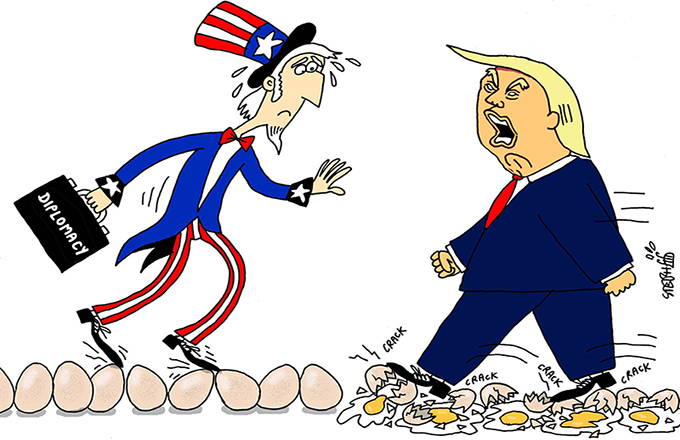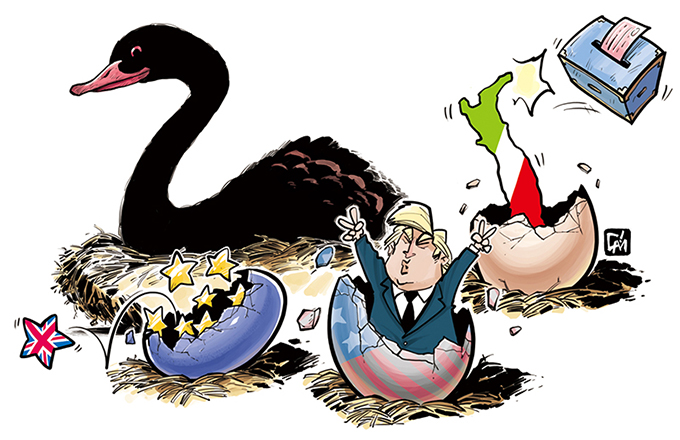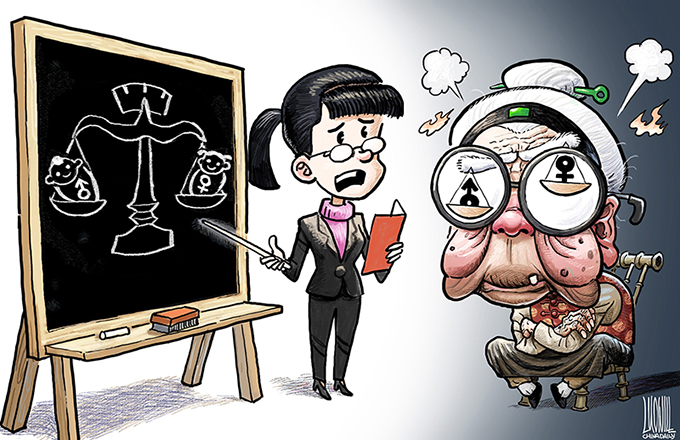Information on polluted soil is not a national secret
It's unreasonable that the Ministry of Environmental Protection refused to release information on polluted soil citing national secrets, says an article in China Youth Daily. Excerpts:
Legal Daily recently reported that Dong Zhengwei, a lawyer in Beijing, was told by the Ministry of Environmental Protection that it was refusing his application for the release of information about soil pollution statistics in the name of national secrets.
Polluted soil scandals in local areas have frequently been exposed in recent years. In 2004, three construction workers with the Beijing Songjiazhuang subway project were poisoned when they worked underground because the location was formerly a pesticide factory. In 2006, the poisonous land left by a chemical plant in Suzhou, Jiangsu province, caused six road construction workers to fall into comas. As early as 2006, the Minister of Environmental Protection and the Minister of Land and Resources launched the first investigation on national soil pollution with a budget as high as one billion yuan ($160 million). But the result of the investigation hasn't been released yet.
The Regulation on the Disclosure of Government Information stipulates that administrative authorities should release government information that is related to vital interests of citizens, legal persons and other organizations. Poisonous land endangers the health and lives of numerous people, but the public doesn't have any information on polluted soil at all. There's no reason for the Ministry of Environmental Protection to refuse to release such information.
According to the law, national secrets involve national security and interests. But releasing information on polluted soil will not influence national defense construction and endanger national security. On the contrary, keeping the information a secret does harm to the public's right to know, which leaves people's lives and health in danger.
Keeping such information secret will continuously poison unwitting citizens, encourage officials and developers to use poisonous land to poison people, and significantly reduce the government's credibility.



















